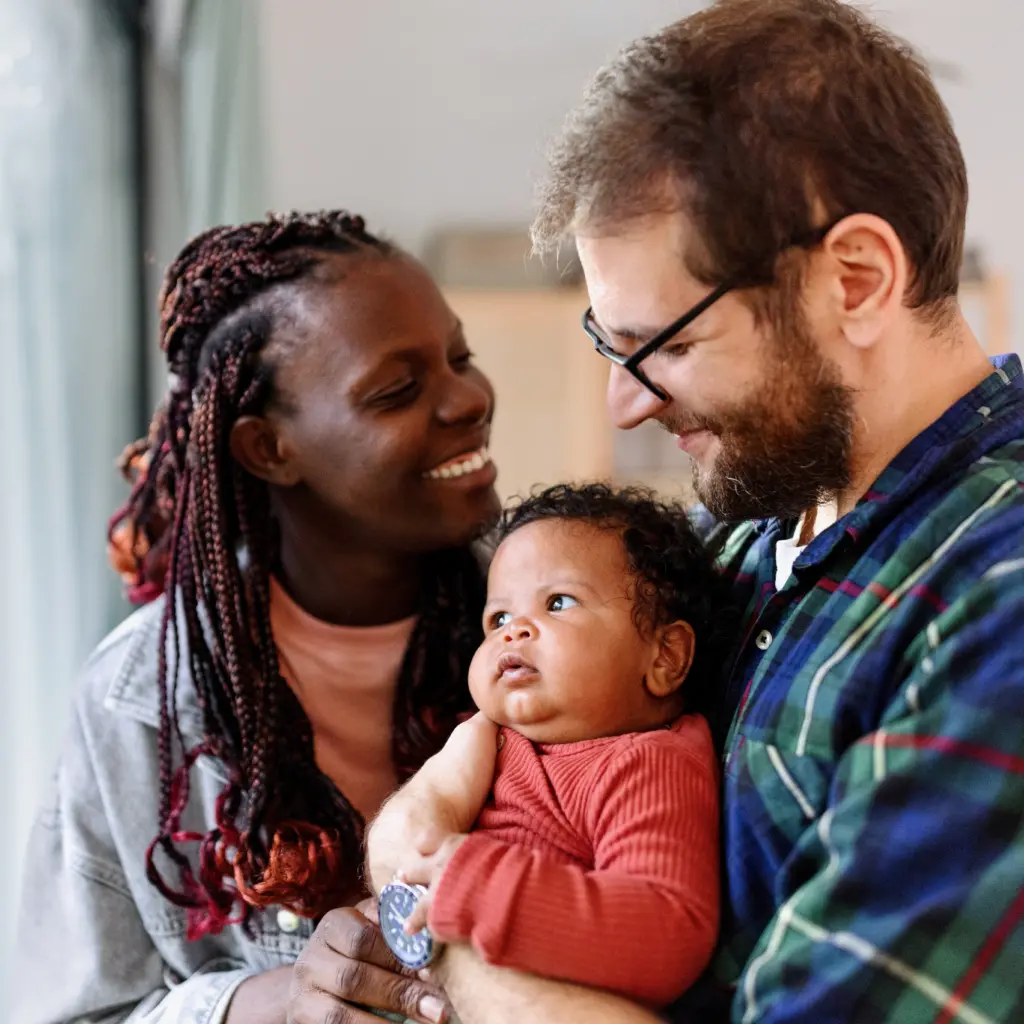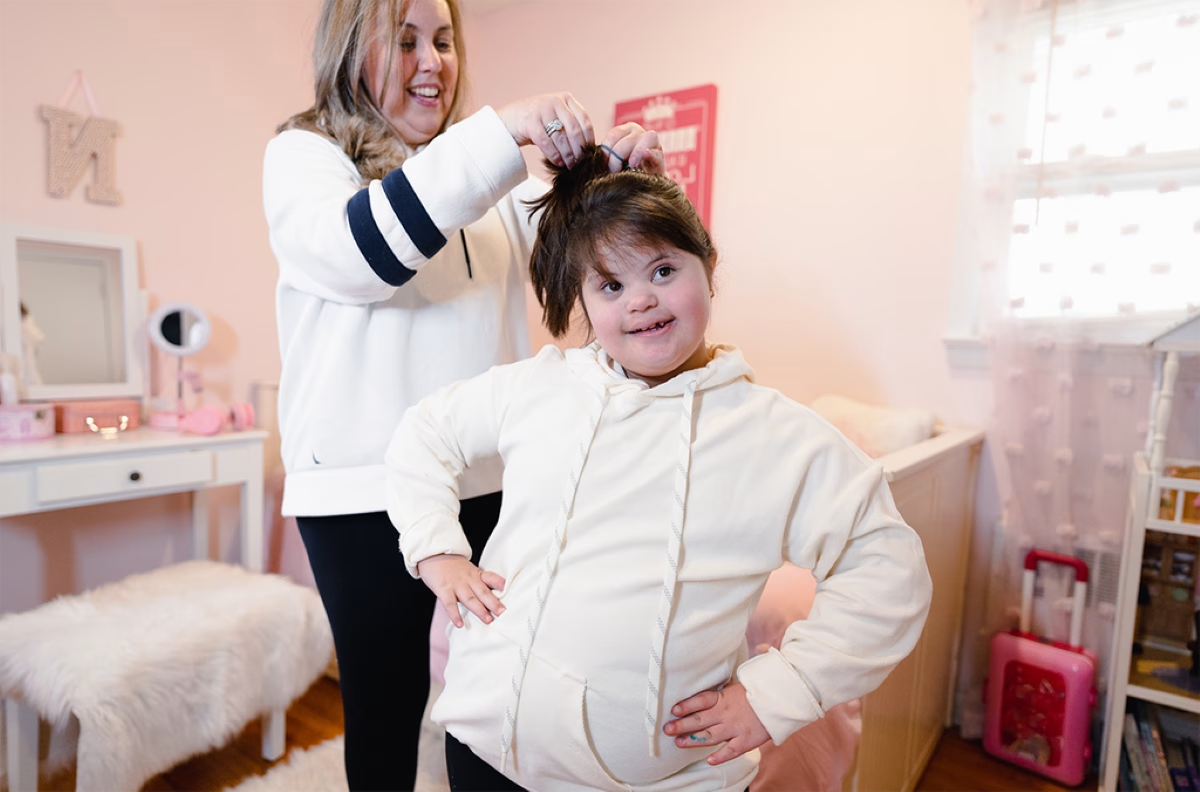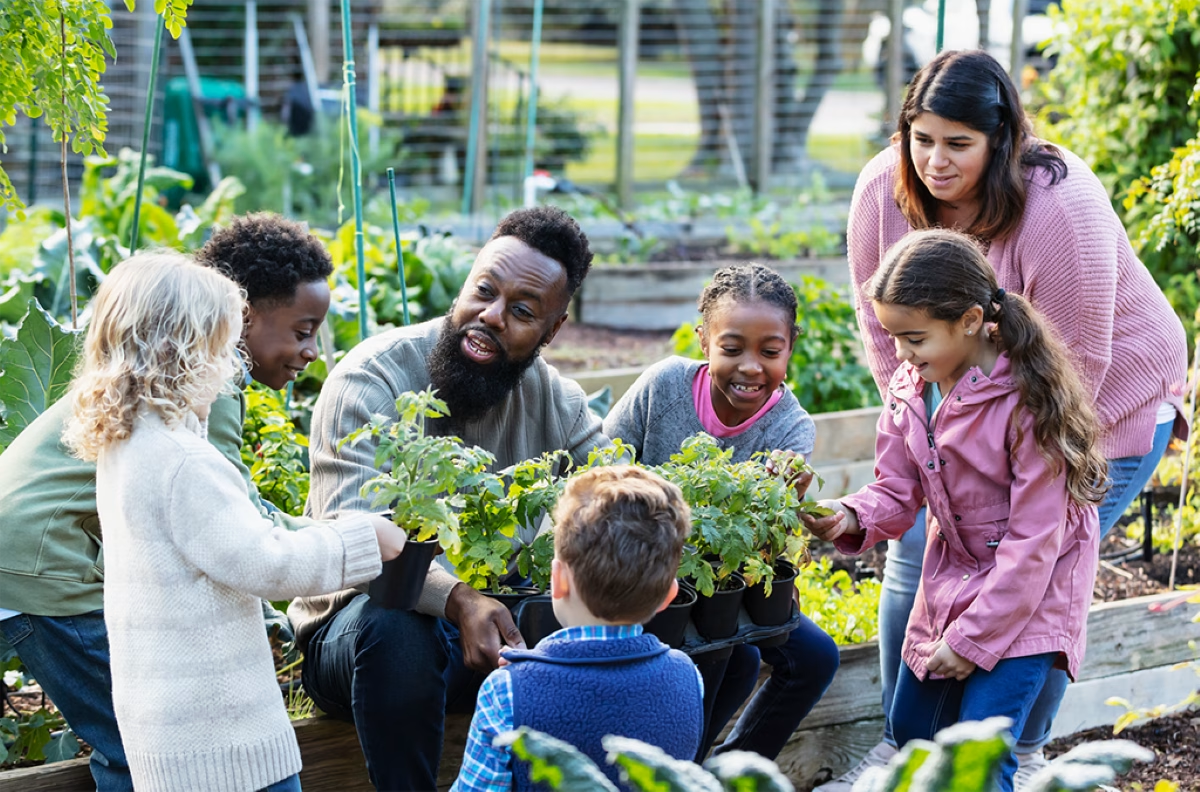Since 2005, RWJF has committed more than $1 billion to preventing childhood obesity and helping kids grow up healthy. During that time, we’ve learned important lessons from our grantees, partners, and advocates who are working to create opportunities for kids and families to live healthier lives. And in recent years, we’ve begun to learn more about the inadvertent impact of the language we and others have used to describe the causes and effects of obesity, as well as strategies for preventing it.
We acknowledge that prevailing narratives on childhood obesity—including those we at RWJF have used—have unintentionally contributed to anti-fat bias in children. We know that kids link feelings of shame, sadness, and embarrassment with terms like “obesity,” “fat,” and “weight problem.” We understand the limits of using body mass index (a simple ratio of height and weight) to assess individual health and how our overreliance on this measure has caused harm to the children and adults we’re trying to help. We also know that the “epidemic/disease” language often used in the clinic, in the media, and across society has played an important role in raising the profile of the health impacts of obesity—but that these words have also inadvertently created harmful societal connections between larger bodies and diseased bodies.
We can do better. We’re working to better understand how obesity and weight stigma are being discussed across our culture. We’re investing in message research to build a new, evidence-based narrative that puts people first, focuses on shared values, and communicates a positive vision that empowers us to talk about childhood obesity through the lens of public health, in a way that does not perpetuate stigma and harm.
We know the use of the word “obesity” in our report title will put some people off. For now, we’re keeping it to ensure we communicate clearly about this work. But we’re changing other things—the stories we tell, the grants we make, and the data we focus on—as we work towards painting a broader perspective about supporting children’s health. We are moving forward with humility and are committed to providing meaningful support in ways that will promote healing and inclusion.



